Life
Sign up for our newsletter
We summarize the week's scientific breakthroughs every Thursday.
-
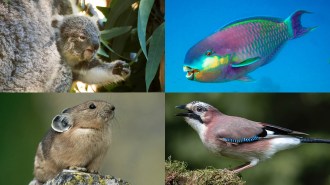 Animals
AnimalsPoop is on the menu for a surprising number of animals
A new tally finds dozens of species giving food a second go-round, from babies boosting their microbiomes to adults seeking easier-to-access nutrition.
By Susan Milius -
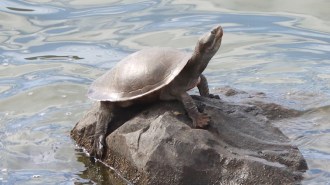 Animals
Animals‘Forever chemicals’ are causing health problems in some wildlife
Deformed scales in hatchlings and biomarkers indicative of disease progression are two health impacts on turtles at PFAS-polluted sites in Australia.
-
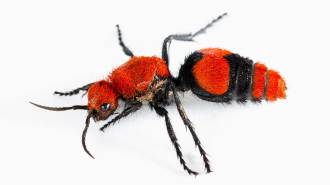 Animals
AnimalsVelvet ants have the Swiss Army knife of venoms
A velvet ant bite like “hot oil from the deep fryer” delivers an array of peptides that inflicts pain on insects and mammals alike.
By Amanda Heidt -
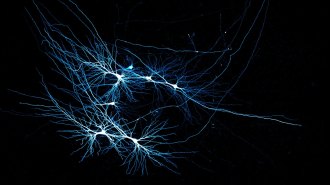 Neuroscience
NeuroscienceThe unique neural wiring of the human hippocampus may maximize memory
Living tissue from the memory centers of people’s brains reveals sparse nerve cell connections that provide strong, reliable signaling between cells.
-
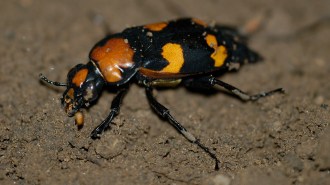 Animals
AnimalsAmerican burying beetles are making a comeback in Nebraska
Thanks to decades of conservation to restore private grasslands, numbers of the threatened insect are on the rise in the Loess Canyons.
-
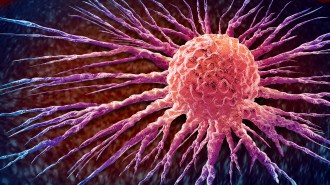 Health & Medicine
Health & MedicineThe spread of breast cancer may be inherited
A variant of PCSK9, a gene involved in raising cholesterol, may spur metastasis. An approved antibody might stop it.
-
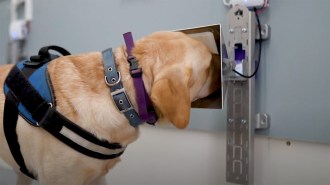 Health & Medicine
Health & MedicineDogs team up with AI to sniff out cancer
Scientists paired Labrador retrievers with an AI model in a new screening test for breast, lung, colorectal or prostate cancer.
By Meghan Rosen -
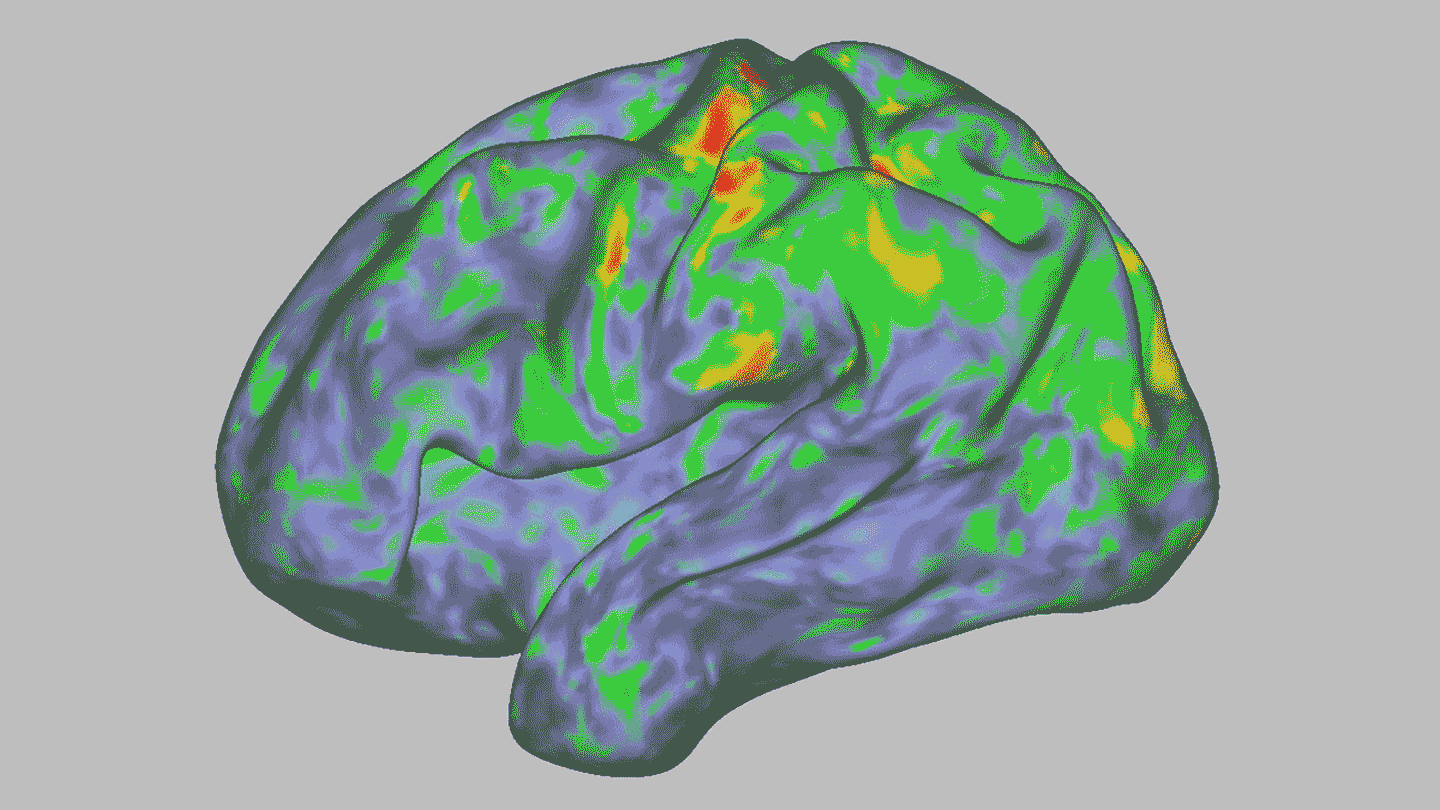 Science & Society
Science & SocietyThese are the 5 most popular Science News stories of 2024
Science News drew millions of visitors to our website this year. Here’s a recap of the most-read and most-watched news stories of 2024.
-
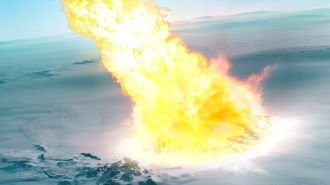 Life
LifeThese scientific feats set new records in 2024
Noteworthy findings include jumbo black hole jets, an ultrapetite frog, ancient asteroid remnants and more.
-
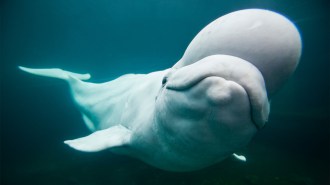 Life
LifeThese are our favorite animal stories of 2024
Pigeons that do somersaults, snakes that fake death with extra flair and surprised canines are among the organisms that enthralled the Science News staff.
-
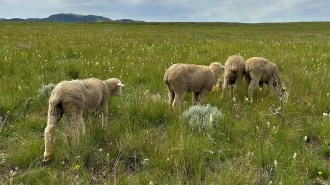 Life
LifeSheep earwax can record a dangerous diet
Sheep that eat death camas plants record the toxic meal in their earwax, a goopy health data repository that researchers are increasingly exploring.
By Jake Buehler -
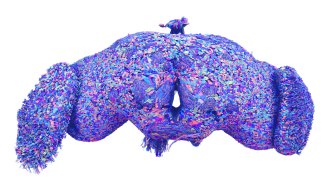 Life
LifeHere are 8 remarkable scientific firsts of 2024
Making panda stem cells, mapping a fruit fly’s brain and witnessing a black hole wake up were among the biggest achievements of the year.